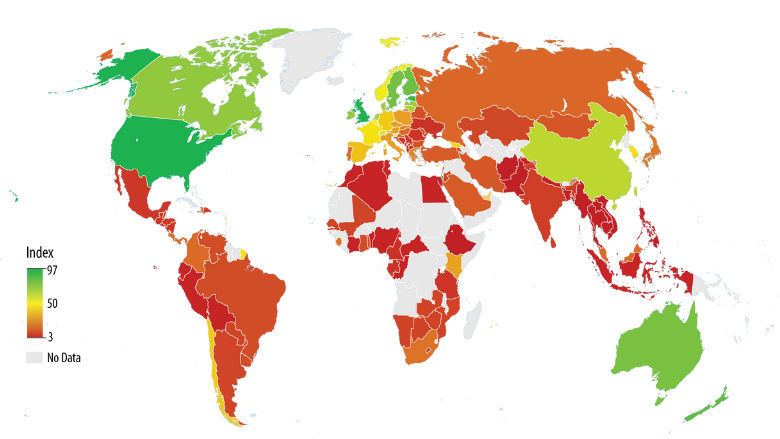?
Fintech, the application of digital technology to financial services, is reshaping the future of finance¨C a process that the COVID-19 pandemic has accelerated. The ongoing digitization of financial services and money creates opportunities to build more inclusive and efficient financial services and promote economic development. Fintech is transforming the financial sector landscape rapidly and is blurring the boundaries of both financial firms and the financial sector. This presents a paradigm shift that has various policy implications, including:
- Foster beneficial innovation and competition, while managing the risks.
- Broaden monitoring horizons and re-assess regulatory perimeters as embedding of financial services blurs the boundaries of the financial sector.
- Be mindful of evolving policy tradeoffs as fintech adoption deepens.
- Review regulatory, supervisory, and oversight frameworks to ensure they remain fit for purpose and enable the authorities to foster a safe, efficient, and inclusive financial system.
- Anticipate market structure tendencies and proactively shape them to foster competition and contestability in the financial sector.
- Modernize and open up financial infrastructures to enable competition and contestability.
- Ensure public money remains fit for the digital world amid rapid advances in private money solutions.
- Pursue strong cross-border coordination and sharing of information and best practices, given the supra-national nature of fintech.
?









